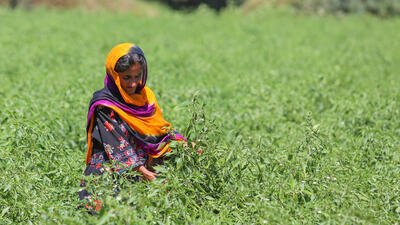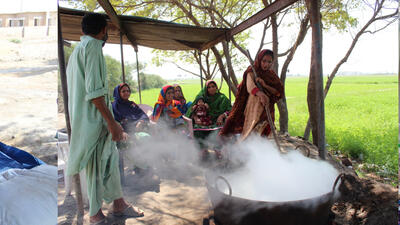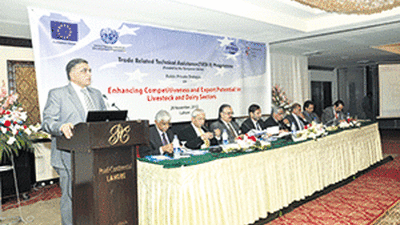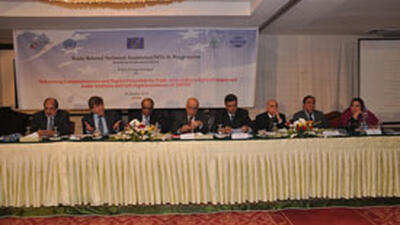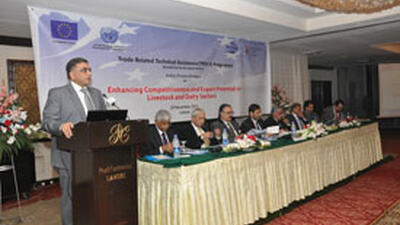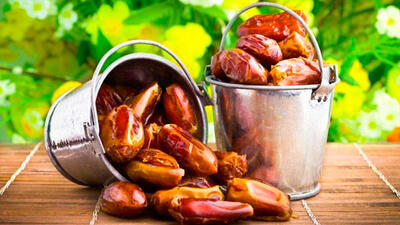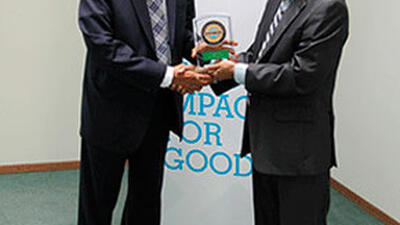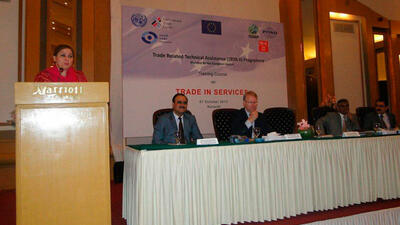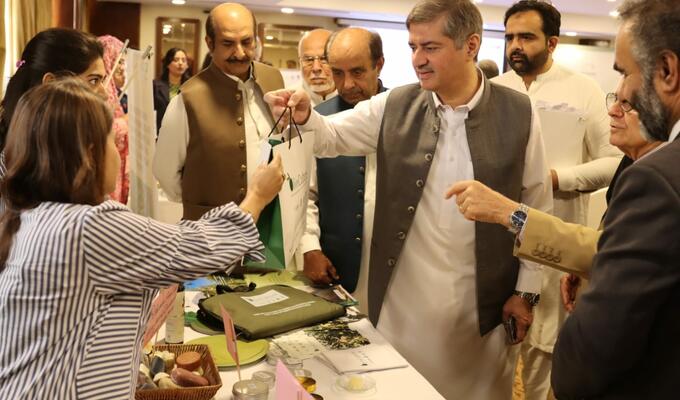
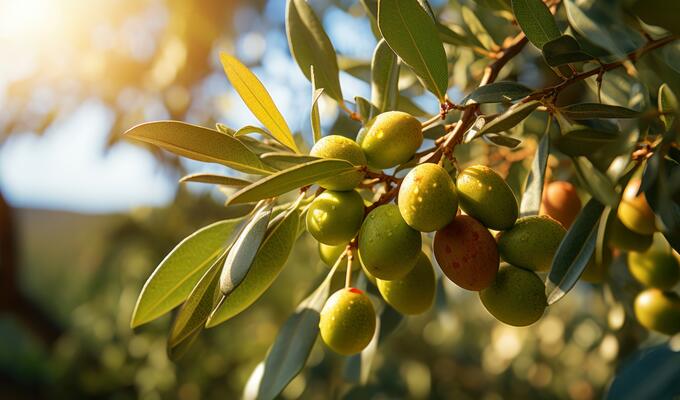
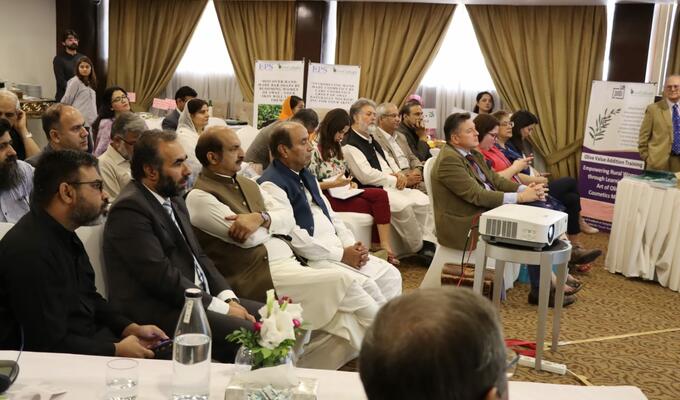
Pakistan Olives Market Study highlights the need for international collaboration
The growing preference for olive oil among Pakistani consumers presents a tremendous opportunity for local cultivation and production.
Presenting an in-depth analysis of the current landscape, consumer preferences, and growth opportunities in Pakistan’s olive market, the Pakistan Olives Market Study was launched in June 2024.
The report offers valuable insights to retailers, wholesalers, and producers in the olive sector.
The study reveals the olive oil sector has experienced significant expansion in Pakistan, with production increasing to 121,000 kg in 2023. The area under cultivation has also grown to nearly 3,800 hectares, highlighting the robust potential for growth within the domestic market.
Consumer preferences are crucial in shaping the market, with a strong preference for olive products among younger consumers. 40% of surveyed consumers under 29 years old hold the health benefits of olive oil as a key purchasing criterion. There has been 31% increase in olive oil consumption among Pakistani consumers in 2022, indicating the importance of understanding and catering to consumer needs.
The study recommends increasing private sector investment to meet both domestic and international demands. Collaboration with international brands can enhance product variety and quality in the domestic market, further boosting the sector’s growth.
The European Union-funded Growth for Rural Advancement and Sustainable Progress (GRASP) project, implemented by the International Trade Centre (ITC) in collaboration with Centre International de Hautes Etudes Agronimiques Méditerranéennes (CIHEAM Bari), inaugurated the study. Secretary for Ministry of National Food Security and Research, and representatives from the European Union Delegation to Pakistan and the Embassy of Italy attended the ceremony.
The GRASP project aims to uplift the olive value chain in Pakistan through strategic interventions. Initiatives such as Farmer Field Schools (FFS) and the establishment of demo plots provide direct support to SMEs in applying Climate Smart Agriculture (CSA) technologies and Good Agricultural Practices (GAP). These efforts enhance the sustainability and productivity of olive cultivation. Training programs on advanced processing techniques, including raisin production through dehydration technologies, are integral to improving post-harvest management and product quality, ensuring that Pakistani olives meet high market standards.
Focusing on building trade and market linkages, the project enabled Pakistani olive growers to participate in international exhibitions and trade fairs, significantly increasing their market visibility and opportunities. These efforts not only open new markets for Pakistani olive products but also provide invaluable networking opportunities for local producers.
GRASP is committed to improving the business environment for SMEs in horticulture and agriculture across 22 districts in Sindh and Balochistan provinces in Pakistan. It also provides policy support to the federal and provincial governments of Pakistan.




